All posts by Henrik Sönnerlind
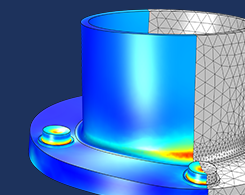
Introduction to Modeling Stress Linearization in COMSOL Multiphysics®
Your complete introduction to the theory and process for modeling stress linearization in COMSOL Multiphysics®, as well as an overview of common real-world uses for this phenomenon.

Can a Stiffness Be Negative?
Have you ever encountered an FEM formulation where the force does not monotonically increase with displacement? We discuss some examples of this behavior: negative stiffness.
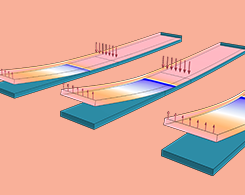
How to Model Adhesion and Decohesion in COMSOL Multiphysics
Did you know you can simulate objects that stick together once they come in contact (adhesion) as well as those that pull apart (decohesion), including full cohesive-zone modeling?
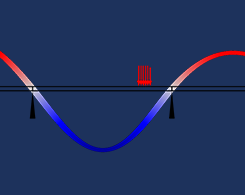
How to Make Boundary Conditions Conditional in Your Simulation
In some modeling scenarios, you may want to apply a boundary condition to only part of the geometrical boundary or only under certain conditions. Learn how to do so here.
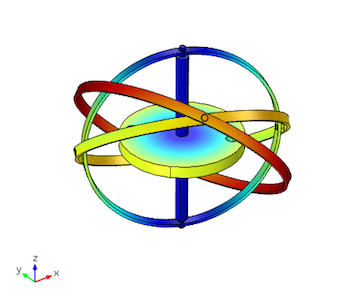
Modeling the Dynamics of a Gyroscope
Gyroscopes and spinning tops aren’t just old-fashioned toys. Using models of these 2 structures, we illustrate the remarkable properties of rotating bodies.

What Is Geometric Nonlinearity?
If you perform structural mechanics analyses, then you have most likely encountered the concept of geometric nonlinearity. But what exactly does geometric nonlinearity mean?
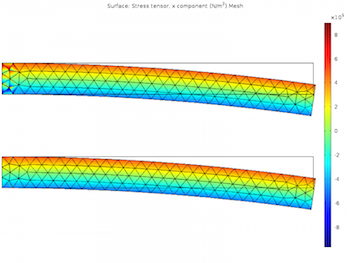
Modeling Linear Elastic Materials – How Difficult Can It Be?
Get an intro to the theory and application of the linear elastic material model, isotropy/anisotropy, allowable values for material data, incompressibility, and geometric nonlinearity.
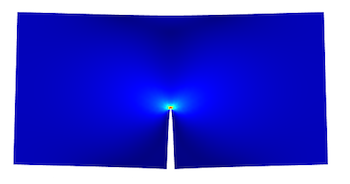
Singularities in Finite Element Models: Dealing with Red Spots
Seeing red? Explore common causes of singularities in your finite element models, as well as when and how to remove them and how to interpret your simulation results.
